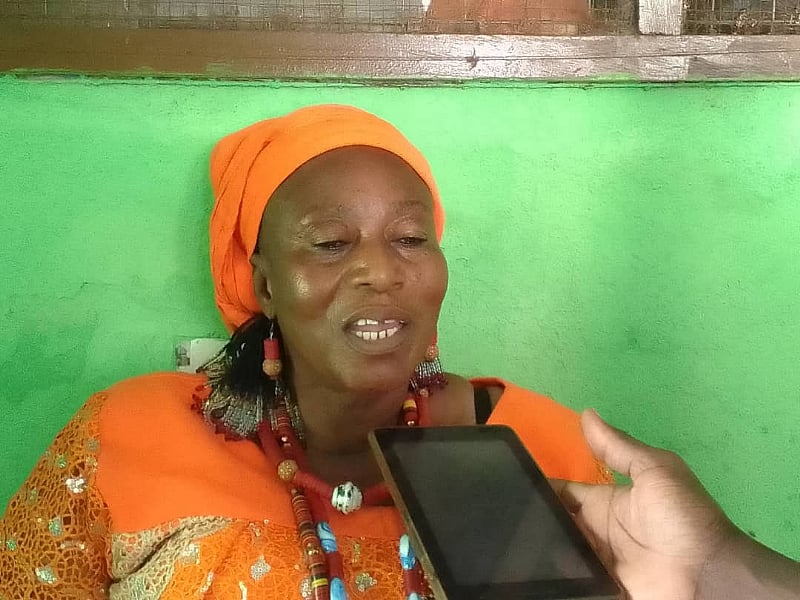The enskinment of Hajia Fulera Mahama as the new Queen Mother of Daboya marks a significant moment for the Daboya Traditional Area, signifying not only a transition of leadership but also the continuation of a rich cultural heritage. Hajia Fulera’s expression of gratitude to the Paramount Chief, elders, family, friends, and the community underscores the collaborative nature of leadership within the traditional structure. Her acknowledgment of the trust placed in her highlights the weight of responsibility associated with the role and her commitment to serve with dedication, despite residing in Bolgatanga, demonstrates a willingness to prioritize the needs of the Daboya community. This commitment sets a precedent for dedicated leadership and reinforces the importance of connection to one’s roots, regardless of geographical location.
The new Queen Mother’s emphasis on the role of queen mothers in community development, particularly women’s empowerment, is a crucial aspect of her vision for Daboya. Queen mothers, often seen as custodians of tradition and culture, also hold significant influence in shaping the social and economic landscape of their communities. By advocating for initiatives that empower women and improve their livelihoods, Hajia Fulera seeks to contribute to the overall progress and well-being of Daboya’s residents. This focus on women’s empowerment recognizes the vital role women play in the community and emphasizes the importance of their active participation in economic and social development.
Furthermore, Hajia Fulera’s recognition of the importance of women in conflict resolution and peacebuilding is particularly relevant in the context of northern Ghana, a region occasionally experiencing volatility. Her pledge to collaborate with local stakeholders and authorities to foster peaceful coexistence in Daboya and its surrounding areas indicates a proactive approach to conflict prevention and resolution. This proactive stance not only addresses potential challenges but also promotes a sense of unity and cooperation within the community, essential for sustainable peace and development.
Hajia Fulera’s inclusive approach, acknowledging the diverse groups that make up the Daboya community and beyond, is evident in her expression of gratitude. Specifically thanking the Gonjas, Walas, and residents of Bolgatanga, her place of residence, signals a commitment to fostering inter-community relationships and building bridges across different cultural backgrounds. This inclusive approach underscores the importance of unity and collaboration in achieving common goals, transcending geographical and cultural boundaries.
Hajia Fulera’s address following her enskinment reflects a deep understanding of the responsibilities and opportunities that come with being a Queen Mother. Her focus on community development, women’s empowerment, and peacebuilding, coupled with her commitment to collaboration and inclusivity, lays the foundation for a leadership approach that promises to bring positive change to the Daboya Traditional Area. This comprehensive approach signifies not just a commitment to tradition but also a forward-looking perspective that seeks to address contemporary challenges and opportunities.
In essence, Hajia Fulera Mahama’s enskinment represents more than just a ceremonial transition; it signifies the dawn of a new era of leadership in Daboya, one that prioritizes community development, empowers women, and promotes peace. Her commitment to these key areas, along with her inclusive and collaborative approach, promises a brighter future for the people of Daboya, reflecting the evolving role of traditional leadership in addressing the needs of a modernizing society. Her dedication to serving her community, despite residing elsewhere, highlights the enduring strength of cultural ties and the potential for positive change through collaborative leadership.














